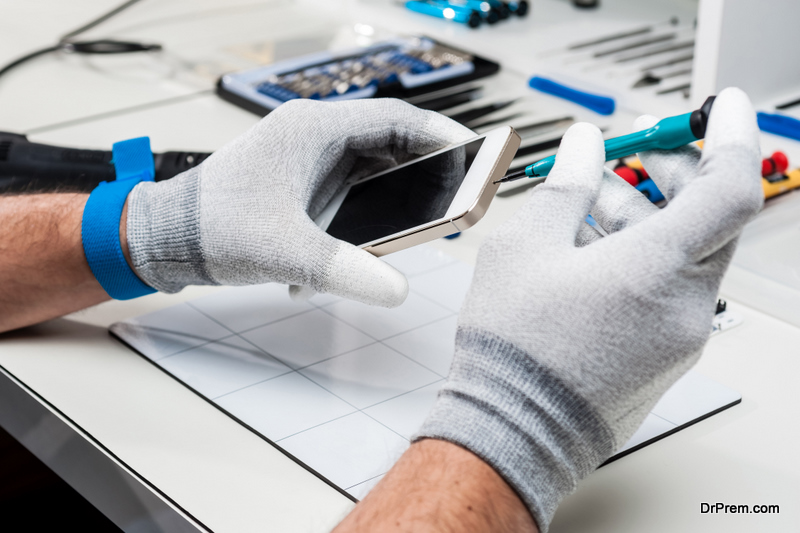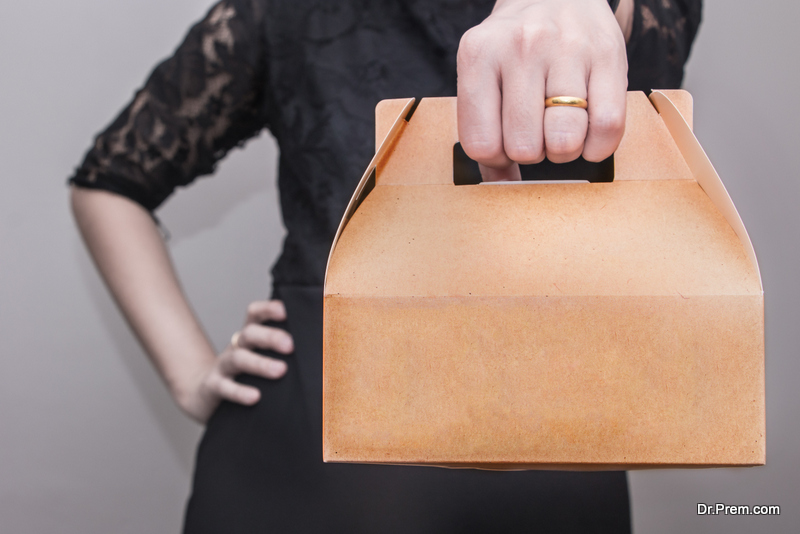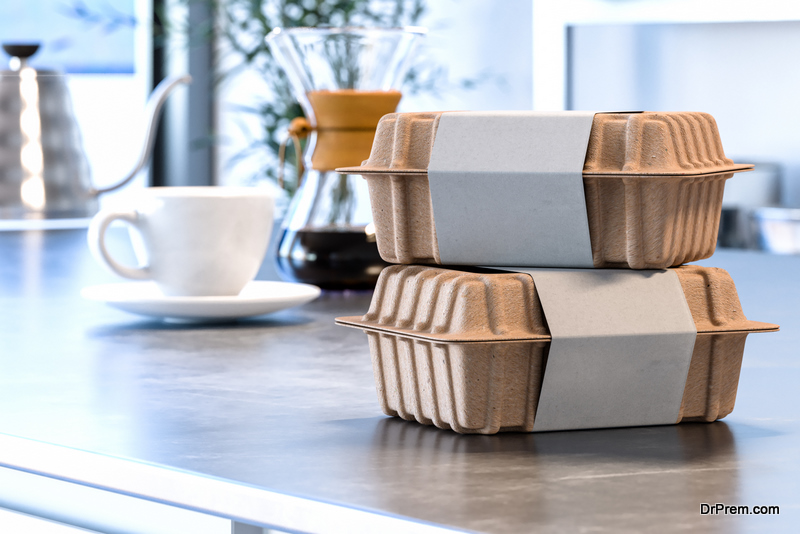Almost all of us are guilty of wasting more than we should. We buy too many packaged goods, throw away an excessive amount of food, and dispose of things that may still yet have a use. But with a handful of attentive strategies and minor lifestyle adjustments, you can greatly reduce your waste – and effectively dispose of any waste that remains.
1. Practicing Proper Disposal

One of the first steps you should take is practicing proper disposal. No matter how much you reduce the amount you produce, you’re still going to produce some waste. Accordingly, you should manage this waste responsibly.
· Reuse or donate what you can
For starters, try to reuse or donate whatever you can. You might be able to turn an old artifact into a newly inspired work of art, or it might serve as an excellent gift for a friend or a family member. Failing that, donate anything functional to someone who might need it.
· Recycle what you can
If the item is no longer practical, or if it can’t be reused, consider recycling it. Many materials can be recycled efficiently, giving them new life in a new form rather than sending them to a landfill.
· Take up composting
What about food waste? If you take up composting, you’ll be able to transform almost all of your food products into a resource that can help you grow a flourishing garden.
· Read the guidelines
Always understand the rules and limitations for what you throw away and where you throw it away. For example,renting a dumpster could make it more convenient for you to throw away massive quantities of items at once. But if you rent a dumpster, you’ll need to understand what can and can’t go into that dumpster. Did you know that you should not throw away batteries or old electronics in a dumpster? You also shouldn’t throw them in the regular trash. Consult your local waste disposal authorities for more information.
What else can you do to minimize your waste?
2. Only Buy What You Truly Need
Only buy what you truly need for you and your family. Oftentimes, waste is a natural byproduct of overbuying. If you buy too many groceries at once, or if you pick up things you don’t need at the store, you’ll end up with a surplus of items that inevitably go bad or become useless.
3. Repair Before Replacing

When something practical breaks, our first intuition is typically to replace it. But before you take that step, consider repairing it. You might be able to patch that hose, replace a cheap part in that appliance, or change the batteries in that device.
If you do this, you’ll be able to salvage the existing item without sacrificing its functionality and without buying anything new.
4. Avoid Reliance on Paper Products
Paper and disposable products represent a troubling percentage of our total waste. Fortunately, there are several things you can do to reduce your reliance on paper products.
· Sign up for paperless billing
Paperless billing is advantageous in many ways, so there’s no reason not to sign up for it when it’s available. You can also take yourself off mailing lists for certain types of junk mail.
· Use cloths instead of paper towels or tissues
Instead of using paper towels to clean up spills, use dish towels and wash them when necessary. Instead of using facial tissues, consider using a handkerchief.
· Avoid disposable kitchen utensils
Use permanent dishes and silverware and wash them when necessary, rather than using disposable products.
· Take notes digitally
Are you used to taking notes on sticky notes or sheets of paper? Consider taking notes digitally instead.
5. Check Packaging Before Buying

Consider the efficiency of packaging for the items you buy. Is there a way to buy the same product with less packaging protecting it? For example, instead of going to the supermarket and buying groceries in bags and cardboard boxes, can you go to the local farmers market and buy groceries in bulk with no disposable packaging?
6. Join Exchange Groups
Join exchange groups online, especially if there are some active groups in your local community. When you have things to throw away, list them as available and give them away to people who need them. You can also consult this group when you need something, buying used rather than new.
7. Extend the Lifespan of What You Buy

Finally, try to extend the lifespan of what you buy. Focus on clothes that will be in style for years. Practice consistent maintenance on your appliances. Purchase things likely to last many years, rather than products designed to fail prematurely.
Minimizing waste can save you money, improve your environmental impact, and make you feel better all around. Best of all, none of these strategies requires a significant sacrifice and many of them can be learned in short order.
Article Submitted By Community Writer


